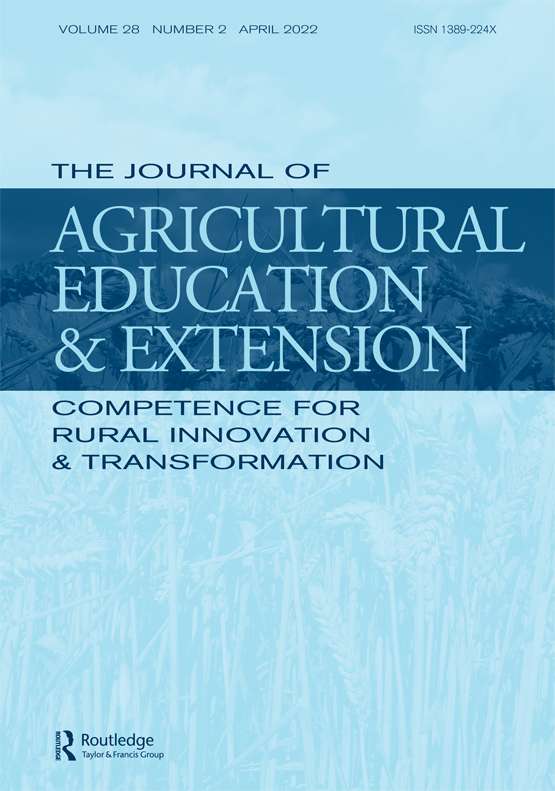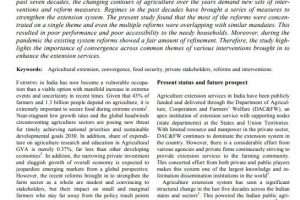Systemic, multi-actor, user-centric approaches are increasingly used and promoted by innovation policies to meet complex societal challenges that, often, require socio-technical systems transitions or transformations, and for which there are no ‘one size fits all’ innovations (Ingram et al. 2020; Fieldsend et al. 2021). Integration of different knowledge and perspectives is crucial to catalyse transformative forms of innovation, able to promote more sustainable and resilient development pathways aimed at addressing problems, opportunities and challenges. (Beers, Sol, and Wals 2010; Moschitz et al. 2015).
Multi-actor approaches involve a diversity of actors, including end users of innovation, who engage in iterative learning for change processes (Ingram et al. 2020). These processes demand, in many cases, co-production of knowledge and contact with a range of actors in numerous settings and networks at different scale levels (Leeuwis and Arts 2011). Indeed, transformative changes occur when local bottom-up initiatives are aligned with changes in innovation systems at multiple spatial or institutional scales (Moore, Riddell, and Vocisano 2015).





Add Comment